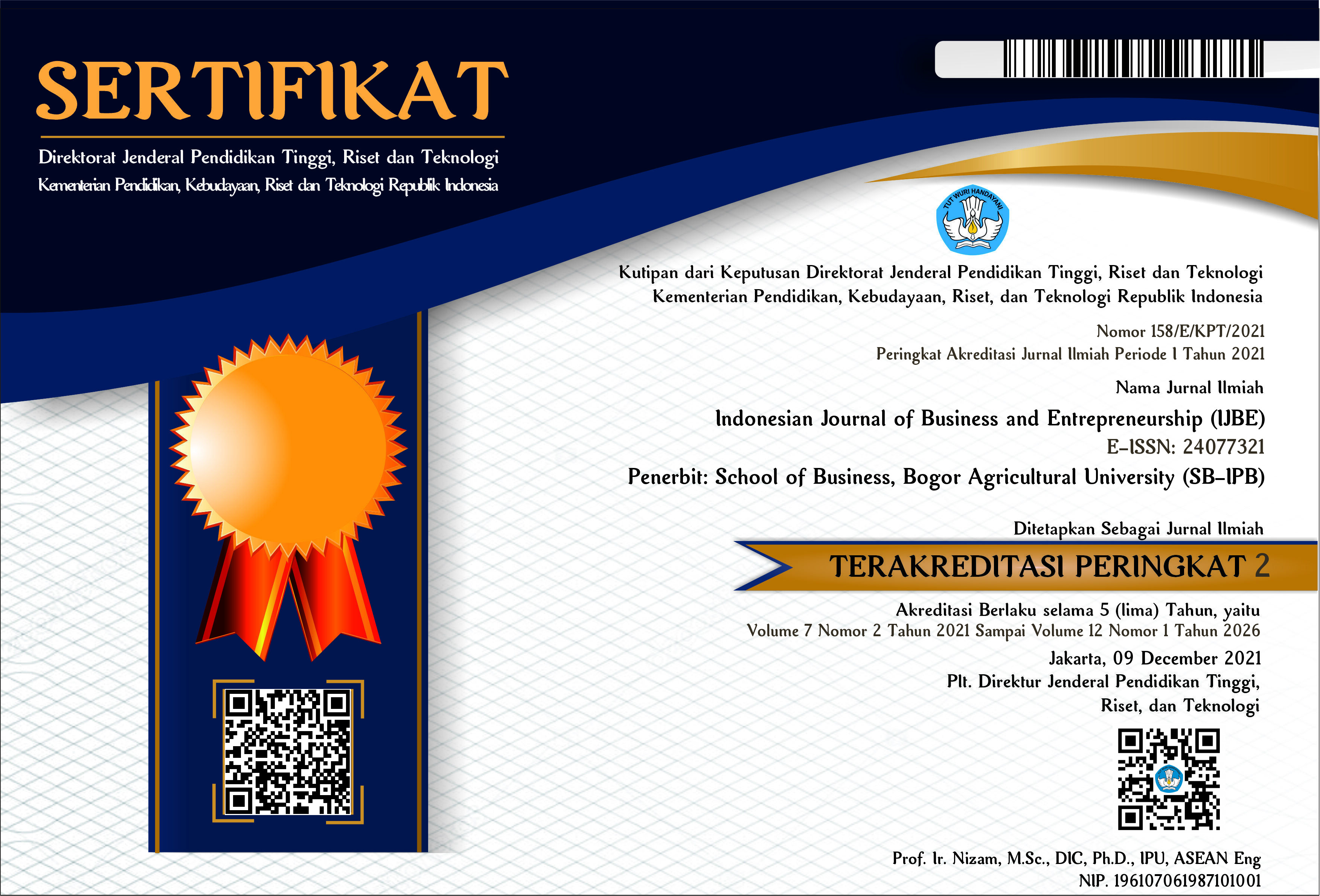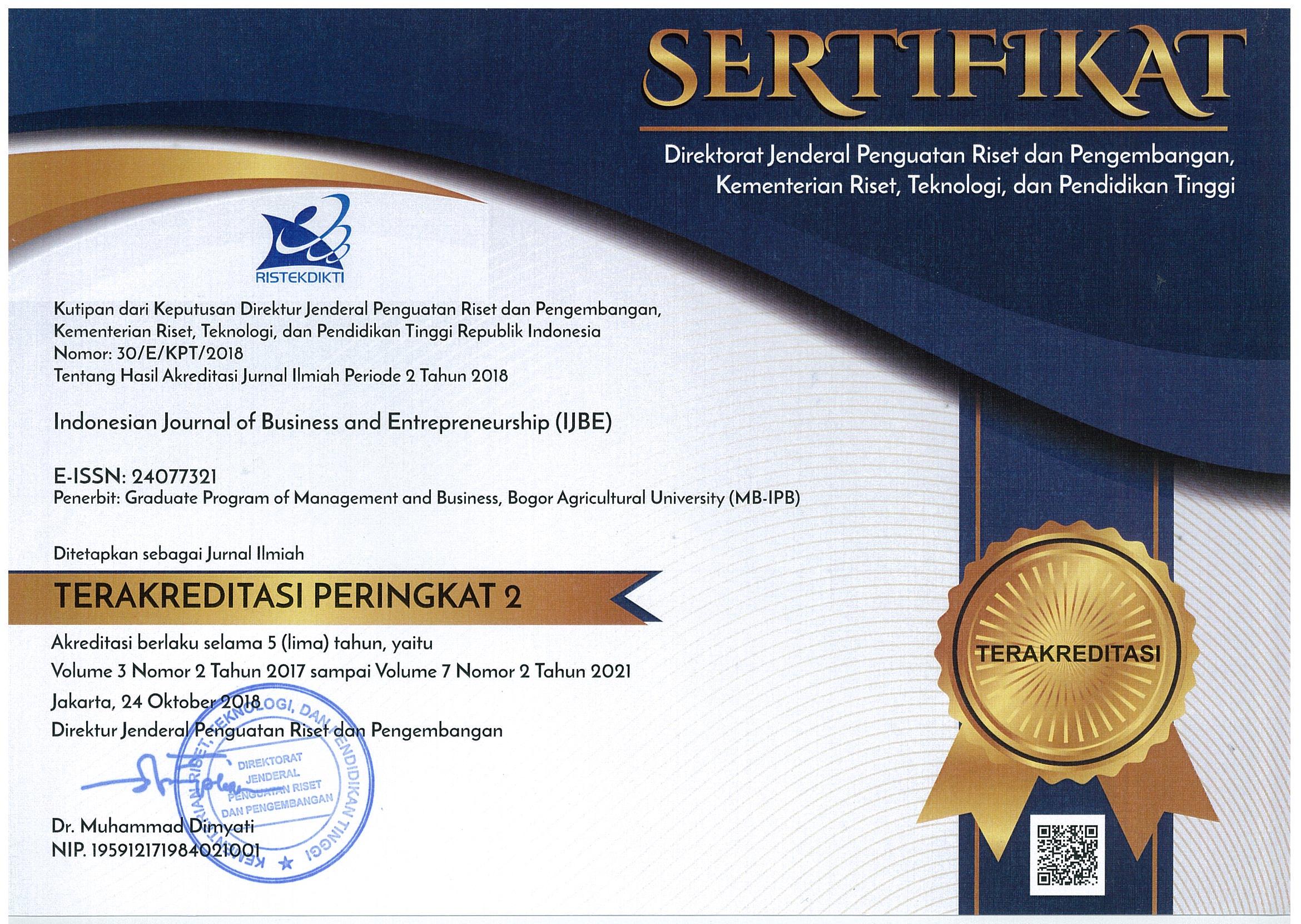The Influence of Social Entrepreneurship Orientation on The Sustainability of Tourism Villages Through Community Empowerment
Abstract
Background: Datajadesta.com classifies tourist villages into four categories: independent, advanced, developing, and pioneering. More local communities gain from increased rural tourism managed by tourism-focused organizations. However, problems with management often arise, which increases the risk that the tourism sector won't grow or reach a certain level. This is a problem that any group that cares about tourism, like the Pokdarwis, must overcome.
Purpose: This study aims to investigate the significant influence of social entrepreneurial orientation in advancing the sustainability of rural tourism (the so-called triple bottom line) in terms of benefits to the environment, community, and economy. This orientation can indirectly benefit the management strategies of tourism-aware organizations. While performing.
Design/methodology/approach: By using accidental sampling, up to 34 rural tourism activists from each tourism awareness group across Indonesian rural tourism were gathered in accordance with the criteria from https://jadesta.kemenparekraf.go.id. Based on their advanced and mature levels, respondents were selected. autonomous tourist village. To ensure meaningful relationships, process the data using Smart Pls 4.
Findings/Result: Hypothesis 1, social entrepreneurship orientation has a major impact on community empowerment. However, hypothesis 2 indicates that social entrepreneurship orientation has no significant impact on the sustainability of rural tourism. Finally, hypothesis 3 asserts that social entrepreneurship orientation has a significant impact on the sustainability of rural tourism through community empowerment.
Conclusion: Encouraging community involvement in tourism development and promoting social entrepreneurship as a means of achieving the Triple Bottom Line, as well as the significant role it plays in empowering local communities and promoting sustainability in tourist villages.
Originality/Value (State Of the art): The study highlights the critical role of social entrepreneurial orientation in promoting the sustainability of rural tourism through community empowerment, though it does not directly impact sustainability on its own. By classifying tourist villages into various development stages, the research underscores the necessity of effective management by organizations like Pokdarwis to overcome challenges and foster growth.
Keywords: empowerment community, rural tourism, social entrepreneurship orientation, sustainability, triple bottom line








